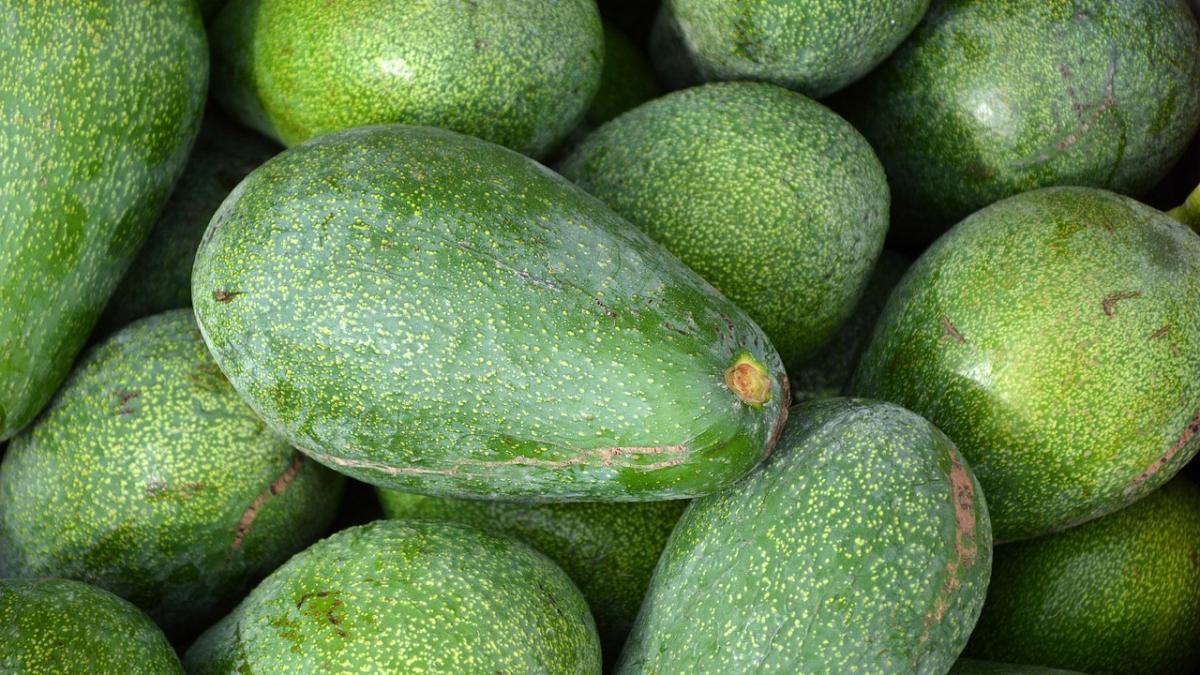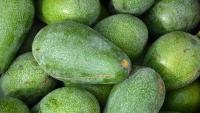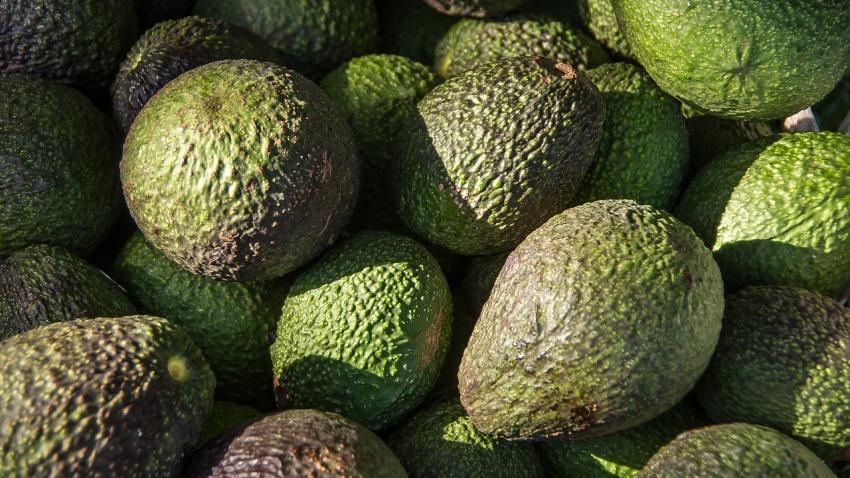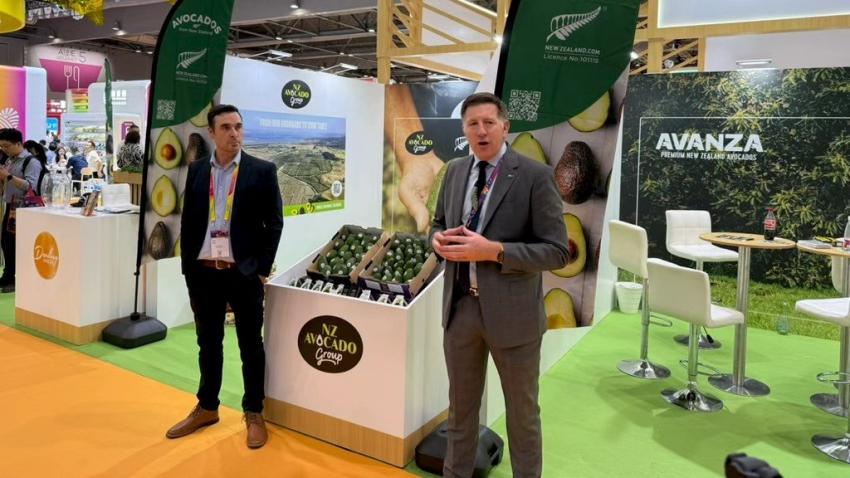You are here
Back to topChina Announces Phytosanitary Requirements for Zimbabwean Avocados

On Sept. 18, the General Administration of Customs of China announced via its website that fresh avocados from Zimbabwe meeting the stipulated phytosanitary requirements would be permissible for import into China.
The primary avocado-producing countries in Africa include Kenya, Tanzania, Mozambique and Zimbabwe. Fresh avocados from Kenya and Tanzania gained access to the Chinese market in June and November 2022, respectively, while those from South Africa were granted approval in August 2023. Besides avocados, several Zimbabwean citrus fruits, including mandarins, oranges, grapefruit, lemons, limes and bitter oranges, are allowed to enter China.
In 2024, Zimbabwe’s avocado production is expected to reach a record 6,000 metric tons. The country’s avocado sector plans to expand the cultivation area from the current 1,500 hectares to 4,000 hectares by 2030. After securing market access for avocados, Zimbabwean authorities are also working to establish protocols with China for blueberries, pecans and macadamia nuts.
According to the GACC announcement, China has identified a total of 14 quarantine pests of concern for Zimbabwean avocados, namely, the Mediterranean fruit fly (Ceratitis capitata), mango fruit fly (Ceratitis cosyra), natal fruit fly (Ceratitis rosa), false codling moth (Thaumatotibia leucotreta), Egyptian cotton leafworm (Spodoptera littoralis), white mango scale (Aulacaspis tubercularis), fig wax scale (Ceroplastes rusci), white wax scale (Ceroplastes destructor), long brown scale (Coccus longulus), long-tailed mealybug (Pseudococcus longispinus), West Indian red scale (Selenaspidus articulatus), the bacterium Pseudomonas syringae pv. syringae and two types of fungi (Elsinoe perseae and Purpureocillium lilacinum).
The phytosanitary protocol outlines specific requirements for farms intending to export fresh avocados to China, which include strict adherence to good agricultural practices and integrated pest management techniques. During the processing and packaging process, avocados should undergo procedures such as high-pressure water spraying, brushing, hand picking and grading to ensure that they are free from live insects, deformed or inferior fruits, branches, leaves, roots and soil contaminants. The length of the avocado stalks must not exceed 3 millimeters.
Zimbabwean avocados destined for China should also be fumigated with methyl bromide under the supervision of authorized personnel from Zimbabwe’s Ministry of Lands, Agriculture, Fisheries, Irrigation and Rural Development.
In the first two years of exports, the aforementioned ministry is required to take a random sample of 2% of fresh avocados bound for China to check for the presence of pests of concern. The minimum sample size should be 1,200 fruits, with at least 60 of them cut open for inspection. The sampling rate will be lowered to 1% if there are no quarantine problems for two years, but the minimum sample size must remain at 1,200 fruits.
Image: Pixabay
This article was based on a Chinese article. Read the original article.














Add new comment